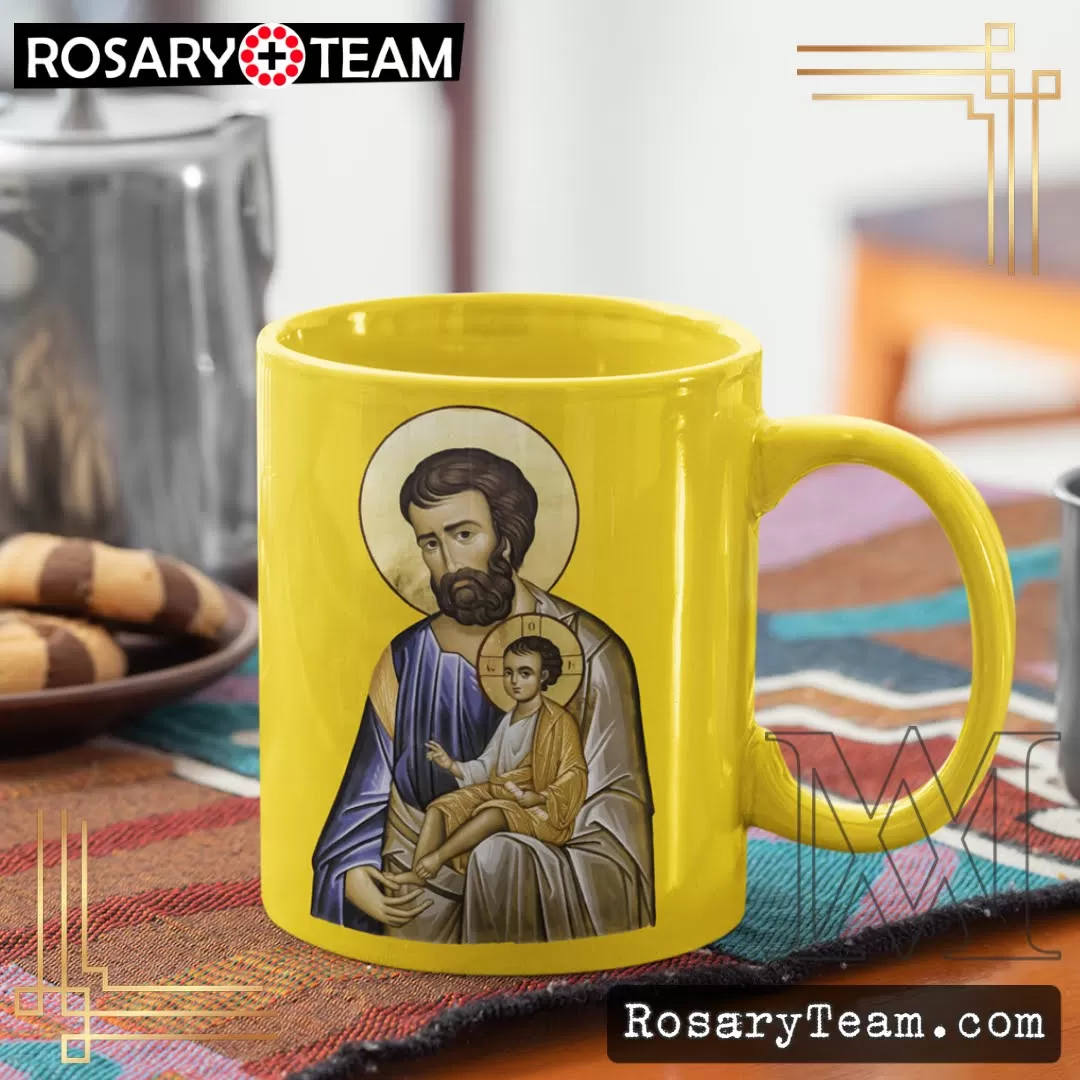Wednesday, April 26 : A homily attributed to Saint John Chrysostom

Peter was to receive on deposit the keys of the Church, or rather the keys of heaven, and he should see himself entrusted with the numerous people. What did the Lord actually say to him? “Whatever you bind on earth shall be bound in heaven and whatever you loose on earth shall be loosed in heaven” (Mt 16:19). For Peter had a somewhat abrupt character; if he had been without sin what sort of forgiveness would the disciples have received from him? This is why divine grace allowed him to fall into a certain fault in order that his own trial should make him benevolent towards others. Do you see how God can let someone fall into sin; this Peter, the leader of the apostles, the unshakable foundation, indestructible rock, first in the Church, impregnable harbor, unshakable tower — this same Peter who had said to Christ: “Even though I should have to die with you, I will not deny you” (Mt 26:35), Peter who, by a divine revelation, had confessed the truth: “You are the Christ, Son of the Living God” (Mt 16:16). (…) But as I said, God arranged it in this way and allowed Peter to sin because he had it in mind to confer numerous people on him, and he feared that his roughness, joined to his impeccability, might make him unsympathetic towards his brothers. He gave way to sin so that, remembering his own failure and the kindness of the Lord, he might testify to others a grace of philanthropy in accord with the divine design conceived by God. The fall had been permitted to the one who was going to see himself entrusted with the Church, the pillar of the churches, the harbor of the faith; the fall had been permitted to Peter, the doctor of the universe, in order that the forgiveness received might remain the foundation of love for others.
Roman Extraordinary (Tridentine) Daily Readings – rosary,team
















